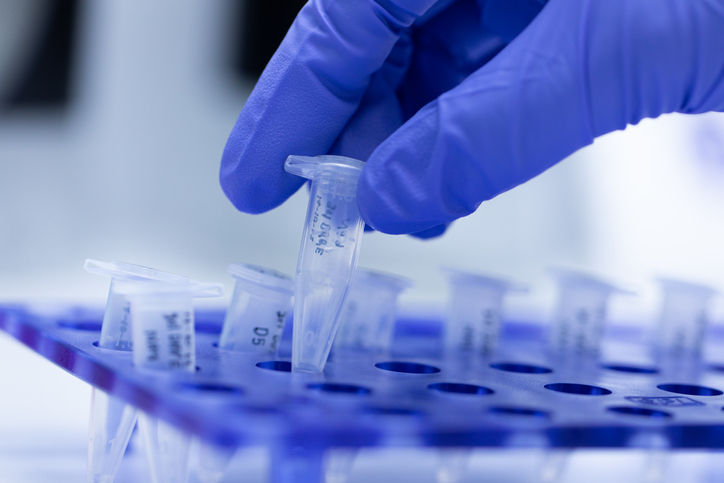Tag: Genetics
-

Common Genetic Variants Help Determine Heart Failure Risk, Study Finds
Screening for common genetic variants in addition to rare genetic variants can help improve patient risk stratification for heart failure, according to a recent Northwestern Medicine study published in Nature Genetics.
-

Deploying Polygenic Risk Scores in Primary Care Settings
A multi-institutional team of investigators have developed a new framework for supporting healthcare providers in implementing polygenic risk score-based testing into primary care settings, according to a recent study published in Nature Medicine.
-

Novel Protein Interactions May Serve as Biomarker for Heart Disease
Investigators led by Elizabeth McNally, MD, PhD, the Elizabeth J. Ward Professor of Genetic Medicine and director of the Center for Genetic Medicine, have discovered previously unknown protein interactions in the heart’s atrium that are critical for normal heart function, according to findings published in the Proceedings of the National Academy of Sciences.
-

Exploring How Antibiotic-Resistant Bacteria Become Aggressive
Some strains of an antibiotic-resistant bacteria may not turn out to be as aggressive as previously thought, according to a Northwestern Medicine study recently published in Nature Communications.
-

Novel Approaches for Correcting Gene Expression Insufficiency
A new molecular technology capable of binding to mRNA and regulating gene expression may offer a new avenue for treating diseases caused by insufficient protein levels, according to a study published in Nature Communications.
-

Gene Linked to HIV Viral Load in People of African Ancestry
Naturally occurring variations near the human gene CHD1L may be linked to lower HIV-1 viral load in people of African ancestry, according to a new international, multicenter study published in Nature.
-

Understanding Mechanisms Underlying Skin Development
Northwestern Medicine scientists have revealed how a gene considered essential for histone modification regulates skin development, according to a recent study published in Nature Communications.
-

New Approaches for Genetic Parkinson’s Treatment
An experimental drug targeting a genetic variant linked to Parkinson’s disease had no effect on patients, according to the results of a new clinical trial published in The Lancet Neurology.
-

Understanding How ALS-Linked Gene Disrupts Neurons
Northwestern Medicine investigators have uncovered how the ALS-associated gene NEK1 disrupts neuronal function in a new study published in Science Advances.
-

New Genetic Variants Linked to Brain Malformation
More cases of children born with abnormal brain development may have genetic explanations than previously thought, according to a recent study published in JAMA Neurology.





